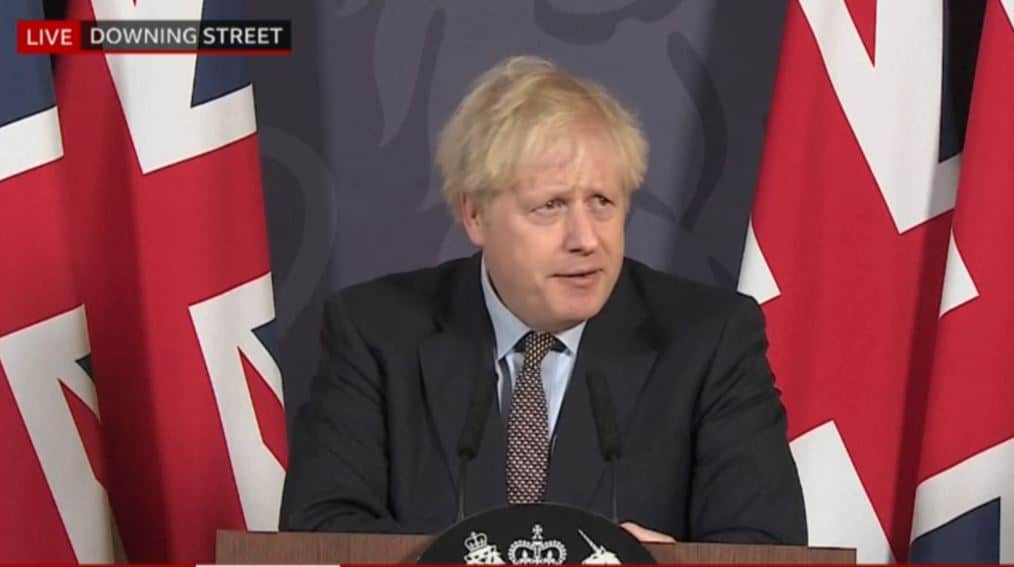In a press conference this afternoon, Prime Minister Boris Johnson announced that a deal has finally been agreed in principle with the EU. A full 1,645 days since the referendum, tens of thousands of hours of negotiation and with just seven days to go, it would appear that the deadlock has finally been broken.
The Deal will need to be ratified in both the EU and UK, with Parliament set to sit on the 30th December. Plans are already in place for Parliament in the UK to allow ratification in a single day and given the strong majority held by the Tory Party and that Labour are likely to support (or worst case abstain), it is likely to pass through the House in time for the 1st January transition.
The European Parliament will not have time to ratify a deal before 1 January, so it is understood that any agreement would be provisional with Members of the European Parliament (MEPs) voting retrospectively at some point in the new year. Further fine tuning is likely in the New Year.
The deal is alleged by the Prime Minister to be a “Jumbo, Canada style Deal”. Key elements of the deal relevant to the Finishes and Interiors Sector centre on zero-tariffs and quotas. Whilst this won’t constitute frictionless trade, with custom checks still required, it is will reduce some of the bureaucracy anticipated. The full document runs to two thousand pages and will taks some time to analyse fully, but another key area of focus for the Finishes and Interiors Sector will be alignment and co-ordination of standards. The agreement is set to deliver a common baseline of regulations and a commitment to minimise technical barriers of trade. This will not include mutual recognition of conformity assessments and plans will continue for the introduction of UKCA and UK NI Marking with companies still having to use EU Notified bodies for the purposes of CE Marking and UK Approved Bodies for UKCA marking (see FIS Guidance on Product Marking here). The UK and EU have agreed an independent mechanism to resolve matters if one side diverges too far from common standards, with this bringing with it the treat of tarriffs in the future if agreement is not reached.
FIS CEO, Iain McIlwee reflected: “After many months of uncertainty and political posturing, the fact we finally have a deal is cause for optimism. We’ll go through the detail, but if, as expected, it removes friction from trade and gives us clarity around recognition of standards, then it will be a welcome and positive step forward. We still face issues of potential skills shortage due to immigration policies and the looming cliff edge, but our concerns fall outside of this deal and we will continue to press these with Government. The really good news is that we can finally start planning around practicalities rather than possibilities and, fuelled by greater certainty, we will hopefully see a much needed uptick in investment to help drive construction growth.”
You can access detail of the deal here
You can access the FIS Brexit Toolkit here.

